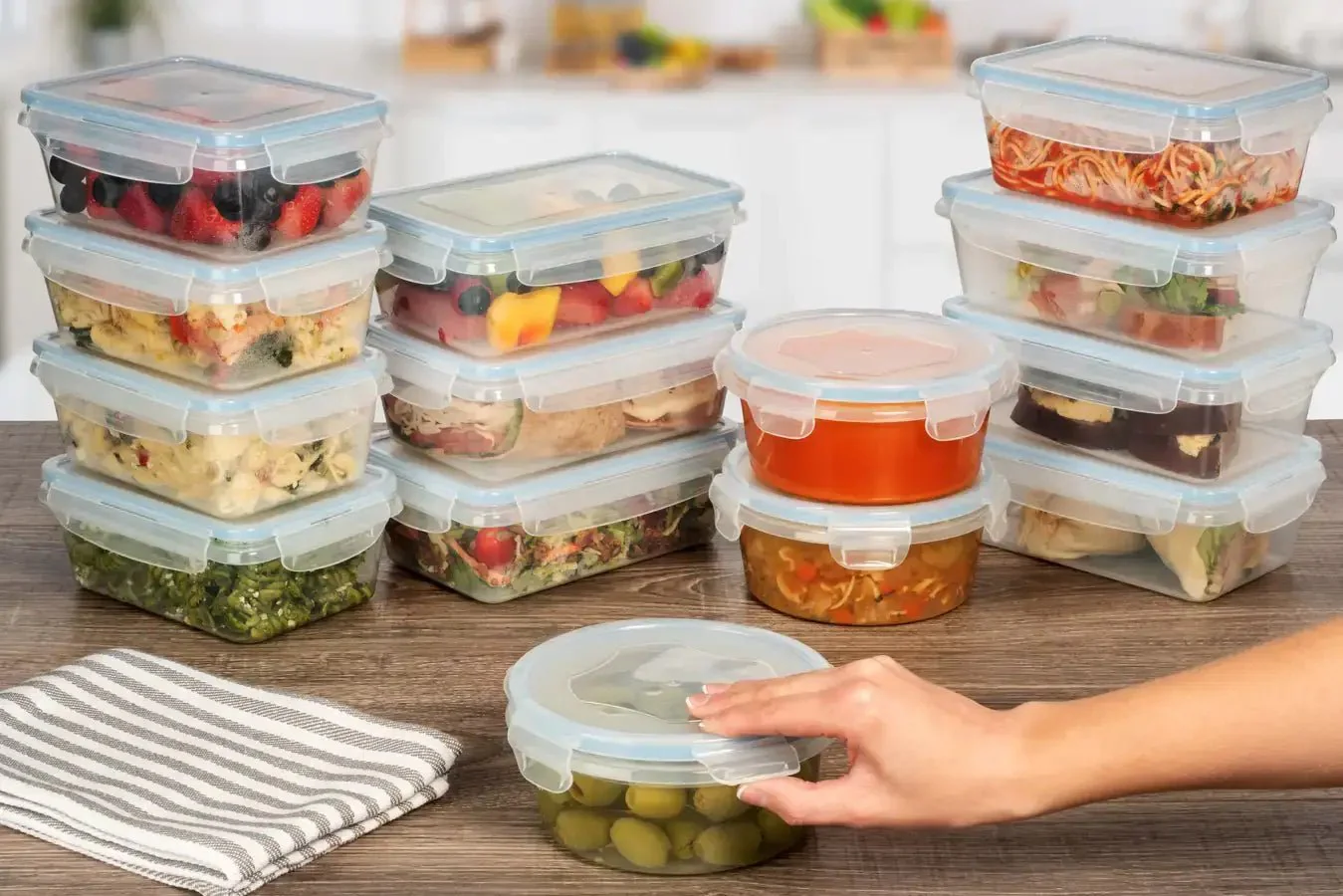Introduction
Meal prepping is a game-changer for many of us who juggle busy schedules and still want to maintain a healthy diet. But there’s an ongoing debate: does meal prepping reduce the nutrition in food? Let’s dive deep into this topic and uncover the truth behind these claims.
Understanding Meal Prepping
What is Meal Prepping?
Meal prepping involves preparing meals or meal components ahead of time to streamline your eating schedule. It’s a strategy that saves time, reduces stress, and helps maintain a balanced diet, especially for those with hectic lifestyles. To ensure the best results, choosing the right meal prep containers is crucial. Opt for high-quality, airtight glass containers to preserve the freshness and nutritional content of your food. Glass containers are preferable over plastic because they do not leach chemicals and are more durable for repeated use. Additionally, containers with compartments can help in portioning ingredients and keeping them separate until it’s time to eat.
Benefits of Meal Prepping
Meal prepping is not just about convenience; it’s about control. By planning and preparing your meals in advance, you gain control over portion sizes, ingredients, and overall nutritional intake. This practice can help you stick to dietary goals, save money, and reduce food waste.
Nutritional Concerns in Meal Prepping
Common Nutritional Myths
One prevalent myth is that pre-cooked meals lose their nutritional value over time. Another common belief is that reheating food significantly diminishes its health benefits. These concerns often deter people from embracing meal prepping fully.
Scientific Perspective on Nutrition Loss
Scientific evidence indicates that while some nutrient loss can occur, it’s usually minimal and depends on various factors. Vitamins like C and B can degrade during storage and reheating, but this loss is not significant enough to outweigh the benefits of a well-prepared meal.
Factors Affecting Nutritional Content
Cooking Methods
The way you cook your food can impact its nutritional value. For instance, boiling vegetables can cause water-soluble vitamins to leach out, while steaming or microwaving can help retain these nutrients.
Storage Techniques
How you store your prepped meals matters. Airtight containers, proper refrigeration, and freezing can preserve nutritional content. Oxidation and moisture loss are the primary culprits of nutrient degradation during storage.
Reheating Practices
Reheating methods also play a role. Using a microwave or stovetop instead of prolonged reheating can help maintain the food’s nutritional integrity. Avoiding excessive reheating cycles is key to retaining nutrients.
Minimizing Nutritional Loss
Choosing the Right Ingredients
Selecting fresh, high-quality ingredients can make a difference. Organic produce, lean meats, and whole grains tend to retain more nutrients during the prepping and storage process.
Optimal Cooking Methods
Opt for cooking techniques that preserve nutrients, such as steaming, sautéing, and roasting. Avoid overcooking, as it can lead to nutrient loss, especially with vegetables.
Proper Storage Solutions
Invest in good-quality, airtight containers. Glass containers are ideal as they don’t leach chemicals and are better at preserving food’s quality. Freezing meals in individual portions can also help maintain freshness and nutrition.
Meal Prep Best Practices
Planning Your Meals
Plan balanced meals that include a variety of nutrients. Incorporate vegetables, proteins, and whole grains to ensure a well-rounded diet.
Batch Cooking
Batch cooking not only saves time but also ensures consistency in your meals. Cook in bulk, but be mindful of portion sizes to prevent overeating.
Safe Food Handling
Proper food handling is crucial. Wash hands and surfaces thoroughly, and ensure that food is cooked to the right temperatures to avoid any risk of contamination.
Conclusion
While meal prepping can cause minimal nutrient loss, the benefits far outweigh the drawbacks. With the right techniques and mindful practices, you can maintain the nutritional integrity of your meals. Embrace meal prepping as a tool for better health and convenience.
FAQs
Q1: How long can meal-prepped food stay fresh?
Meal-prepped food can typically stay fresh for up to 4 days in the refrigerator and up to 3 months in the freezer.
Q2: Does freezing food destroy nutrients?
Freezing can preserve the nutritional content of food quite well. While some vitamins may degrade slightly, the overall impact is minimal.
Q3: Are there any foods that shouldn’t be meal prepped?
Some foods, like certain seafood and delicate greens, may not hold up well to meal prepping and reheating. It’s best to consume these fresh.
Q4: What’s the best way to reheat prepped meals?
The microwave is a quick option, but reheating on the stovetop or in the oven can help maintain texture and flavor better.
Q5: Can I meal prep for an entire week?
Yes, with proper planning and storage, you can prep meals for an entire week. Just be sure to consume more perishable items earlier in the week.
Read more: Click here
